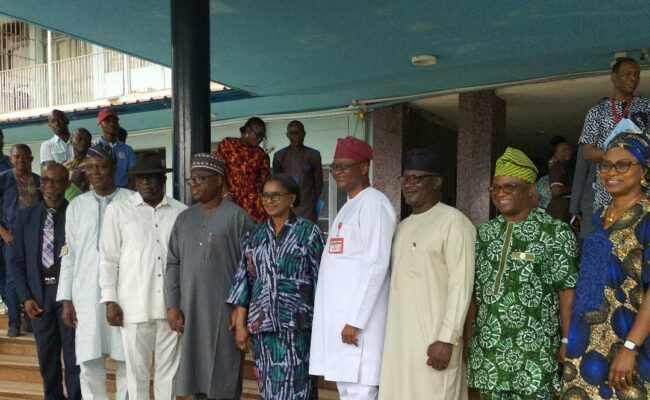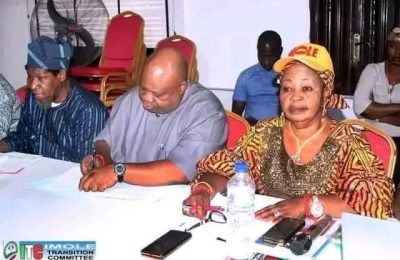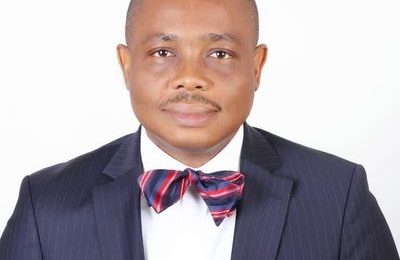

Chairman of the Senate Committee on Health, Senator Ipalibo Banigo, has assured that the Vulnerable Group funds just activated in Nigeria’s 2024 budget are to tackle continual out-of-pocket expenses on health, especially among the poor, children, and other vulnerable populations.

Senator Banigo, who spoke during the Senate Committee on Health visit to University College Hospital (UCH), Ibadan, said the fund under the National Health Act was an additional resource for the National Health Insurance Authority to ensure health insurance coverage for Nigerians is much higher.
According to her, the number of people with health insurance coverage is very low across the country, but this fund flowing from the National Health Insurance Authority to state health insurance boards will enable vulnerable populations in all communities across the country to easily access health services.
“The fund is targeting health insurance coverage for vulnerable groups. By that, we mean children under five, pregnant women, the elderly above 60, disabled persons, and internally displaced persons.
“It will flow from the National Health Insurance Authority to the state health insurance boards, and it will now enable them to include this group in all the communities across the country.
“That way, we’ll reduce the out-of-pocket expenses that our people suffer from. The out-of-pocket expenses virtually make our people fall more into poverty.
“So this vulnerable group fund is meant to address this issue of continual out-of-pocket expenses and ensure that health insurance coverage is available for our people, which will be much higher. Right now, it is very low across the country, and we intend to increase this by providing this additional resource for it.”
She declared that the oversight visit to the hospital, including receiving reports on the activities of three other tertiary hospitals in Oyo, Osun, and Ekiti states, was to find out about funds appropriated and released to these institutions, the extent to which the 2023 budget was implemented, their constraints, and their achievements.
The other institutions were Obafemi Awolowo University Teaching Hospital, Ile Ife; Federal Teaching Hospital, Ido-Ekiti; and Federal Medical Centre, Owo.
She stated that the Senate Committee on Health wanted to know what was appropriated in the 2023 budget for the institution, the amount it received, what they implemented out of that budget, and what their constraints and achievements were.
Chief Medical Director of the Federal Medical Centre, Ido-Ekiti, Professor Kunle Ajayi, stated in his presentation that the hospital spends about N10 million per week on diesel to run the hospital and also makes a case for running costs for the day-to-day activities of the hospital to increase their efficiency.
He declared, “For as long as our overhead is not in alignment with the needs of the institutions, no matter what you budget, we will continue to have what looks like poor service delivery because there will not be sufficient funds to run the hospital on a day-to-day basis.”
“Without necessarily increasing the budget, we can reallocate resources, probably where we will have excess at the end of the year, in such a way that the day-to-day running of the institutions will have enough, and so we can now begin to define the efficiency of operations.
“We can help the managers of the system if we begin to look at the reallocation of some of these resources, which will not necessarily increase the total budget package, but within the same budget package, we can probably pick where we will have excess at the end of the year and use that for appropriation in areas of need.”
In their separate presentations, the Chief Medical Directors of Obafemi Awolowo University Teaching Hospital, Ile Ife; Federal Teaching Hospital, Ido-Ekiti; and Federal Medical Centre, Owo and UCH, Ibadan, highlighted the challenges faced by their institutions, including a lack of electricity and water, manpower, and funding for the day-to-day operations of these institutions.
ALSO READ THESE TOP STORIES FROM NIGERIAN TRIBUNE








